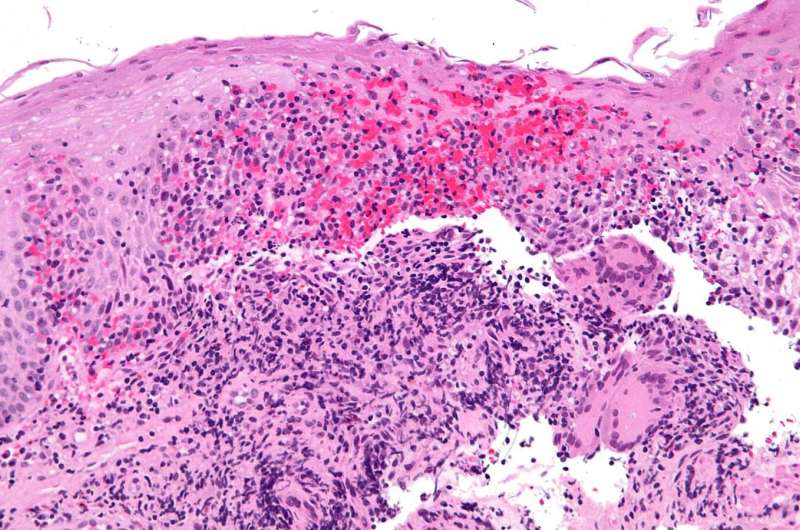Discovery of Biological Markers in Mild Crohn's Disease Patients Offers Hope for Personalized Treatments

Researchers at Mount Sinai have identified unique biological signatures in patients with mild Crohn's disease, opening new avenues for personalized treatment strategies and improved disease management.
A groundbreaking study conducted by researchers at Mount Sinai Health System has revealed unique biological signatures in individuals with mild Crohn's disease. This discovery paves the way for more personalized, targeted, and potentially less aggressive treatment approaches for this often overlooked patient group. The study, published in the journal Gastroenterology, is the first to utilize multi-omics data—which combines genetic, proteomic, and metabolomic information—to analyze the biology of mild Crohn's disease. Unlike moderate-to-severe cases that dominate research, mild Crohn's affects nearly 25% of patients but has not been extensively studied.
The research team analyzed data from two well-characterized cohorts: the Mount Sinai Crohn's and Colitis Registry and the Ocean State Crohn's and Colitis Area Registry. They discovered that patients with mild Crohn's exhibit a reduced immune response and alterations in sphingolipid metabolism—a cellular process involved in immune regulation. These molecular markers form a unique biological fingerprint that correlates with a lower risk of disease progression and helps distinguish mild forms from more severe variants.
This insight is significant because many Crohn's patients are prescribed intensive therapies shortly after diagnosis. Such treatments, often costly and associated with side effects, are typically reserved for more aggressive disease courses. However, for a subset of patients whose disease remains stable, these treatments may be unnecessary. The ability to identify these individuals early could lead to tailored treatment plans that avoid unnecessary medication, reduce side effects, and lower healthcare costs.
Dr. Ryan C. Ungaro, senior author and Associate Professor at the Icahn School of Medicine at Mount Sinai, emphasized that mild Crohn's disease is not simply a less severe form but a biologically distinct condition. Future work aims to validate these biomarkers in larger groups and develop clinical tools to guide early intervention decisions, moving closer to the goal of precision medicine in inflammatory bowel disease (IBD). This research could ultimately help clinicians better predict which patients can safely delay or avoid aggressive therapies, improving quality of life and reducing long-term treatment burdens.
Stay Updated with Mia's Feed
Get the latest health & wellness insights delivered straight to your inbox.
Related Articles
Advanced Near-Infrared Spectroscopy Enhances Screening for Sickle Cell Disease Progression
New research utilizing near-infrared spectroscopy offers a noninvasive, reliable method to monitor cerebral small vessel disease progression in adults with sickle cell disease, improving early detection and management.
Innovative Surgical Approach Significantly Lowers Risk of Early Preterm Birth in Patients with Cervical Insufficiency
A new study shows that placing a cervical stitch higher in the abdomen significantly reduces the risk of early preterm birth in women with cervical insufficiency, offering a promising surgical option for better pregnancy outcomes.
Rising Trends in Preterm Births in the United States from 2014 to 2023
A new study reports a significant increase in preterm and early-term births in the U.S. from 2014 to 2023, highlighting shifts in obstetric practices and implications for infant health.
Growing Measles Outbreaks in Kansas: 80 Confirmed Cases and Growing Concerns
Kansas faces a rising measles outbreak with 80 confirmed cases, mainly affecting children. Experts recommend prompt vaccination to curb spread and protect communities.



